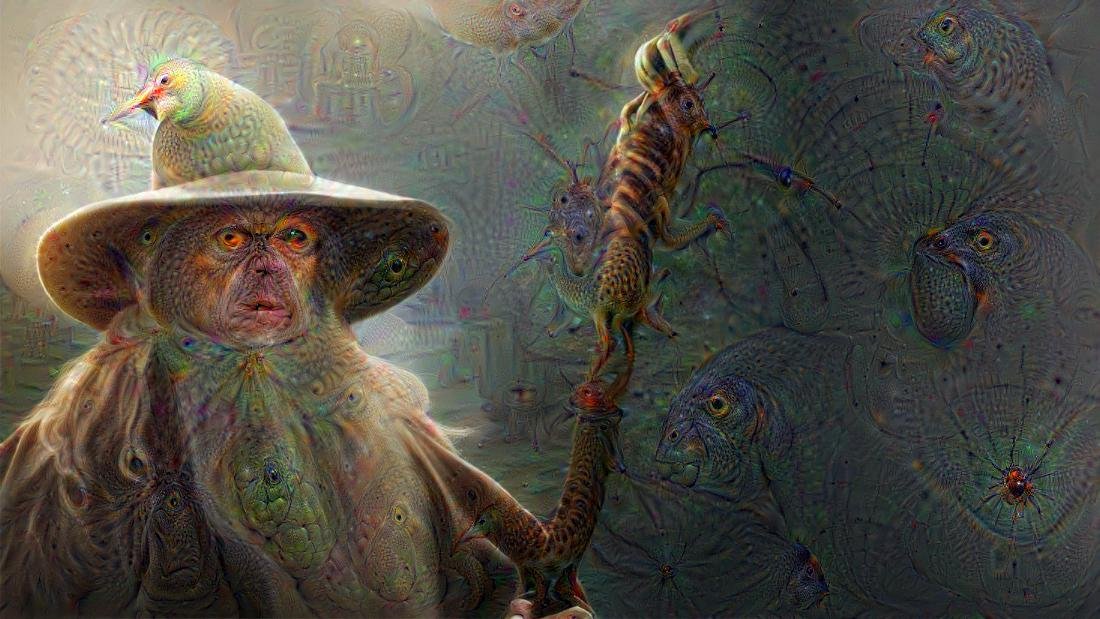Google wants to see if computers can be artists
Can computers be truly creative?

Google is all about artificial intelligence (AI), so much so that its researchers are working to see if computers can be artists.
A team from Google's AI research project, called Magenta, revealed upcoming plans to help AI mimic and eventually create original artwork and music. The researchers announced their ambitious plans at Moogfest, a music and technology festival, over the weekend.
The search giant has experimented with AI art in the past with Google DeepDream, where its AI systems were trained to "fill in the gaps" in pictures, resulting in some truly bizarre and sometimes horrifying images. DeepDream is a huge step in artificial creativity, as it showed computers could do more than just recognize images, but actually see shapes and objects within an image that aren't present.
Google will utilize custom computer chips called Tensor Processing Units (TPU) to speed up AI learning, and will release its AI tools to the public to see what others can create using its technology. Starting June 1, Google will post more info about its research on GitHub.
Why we need creative robots
But why does AI need to be creative in the first place? Douglas Eck, a researcher on the project, imagines people will be able to sit, listen and receive "musical chills" from an AI-created composition.
Beyond musical enjoyment, I can imagine an AI musician being extremely useful for creating unique music for YouTube videos. Videographers currently rely on a database of royalty free music that is often recycled.
Eck also imagines a situation where a person's wearable device will detect when a person is stressed, and will create soothing music to help calm him or her down.
Sign up for breaking news, reviews, opinion, top tech deals, and more.
It'll be a while before Magenta creates an AI capable of truly being creative, as it's already a challenge for AI to mimic artists. Don't expect a Google bot to write Rachmaninov's Piano Concerto No. 2 any time soon.
Google's other AI projects, like its messaging app Allo, aim to make artificial intelligence integral to our lives. The company hopes that its Google Assistant, which will power its Google Home speaker, will help us perform mundane tasks so we don't have to.
